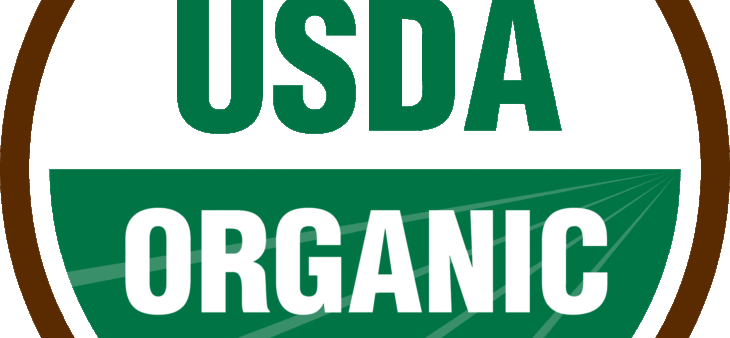
Over at the Cato Institute, Peter Van Doren complains that the rush to have the government label foods “organic” or “natural” creates a market, where producers are pooled without necessarily even doing the work that consumers want.
The bottom line is that these government labels leave much to be desired, including criteria for defining the particular labels. While reasonable debate rages over label definitions, however, producers benefit from being pooled under the label.
Van Doren calls that a “pooled market.” To contrast:
A separated market – a market with different levels of price and quality conveyed to consumers through marketing and branding – would provide more choices for consumers. For example, in the past several years both Whole Foods and Perdue have used concerns about genetically modified foods and antibiotics as opportunities to market the safety and quality of their foods. Consumers who are motivated to pay more for healthy foods incentivize transparency and increased quality from producers.
A more common term for this is a competitive market or free market.
[P]ooling the market through FDA regulation would protect the producers without effectively addressing the groups’ complaints. A pooled market allows manufacturers to hide behind the false assurances regulations offer, but in a competitive, separated market other food companies will step in to offer truly “natural” foods and reap the benefits. . . . Consumers concerned with the health and safety of the food they buy should instead push for the choices and accountability that markets provide.

